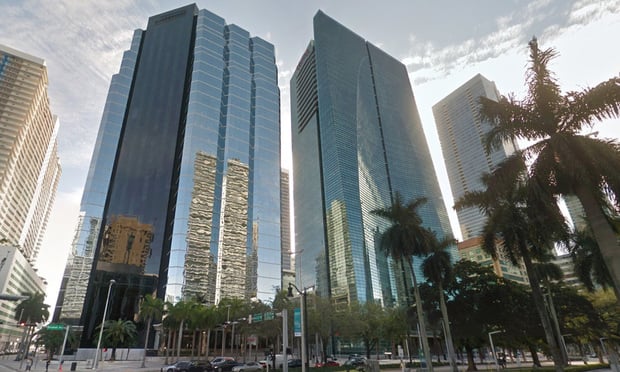The deal marks the end of Acadia's three-year selling spree of non-strategic assets, allowing the Port Washington-based REIT to concentrate on its core portfolio of 32 retail properties, 30 of which are located in the Northeast and two in the Midwest. Acadia will also sharpen it focus on the $90-million joint venture it formed last October with four of its key institutional investors. The REIT put $20 million into the JV, which is expected to spend up to $300 million on shopping center properties.
"The disposition program was one of the major legs of our disposition program," Acadia vice president Jon Grisham tells GlobeSt.com. "The sale of the Morgan Stanley properties (Morgan Stanley was the original underwriter on the portfolio prior to its securitization) concludes that planned disposition. We're now well positioned for growth going forward, both from embedded growth from within our core portfolio and from external growth from our new joint venture. Also, as a result of our disposition program, we are left with a very healthy balance sheet with strong access to capital."
Grisham adds that while the JV has "no definitive timetable, we're working on several transactions as we speak. But it is an extremely competitive marketplace and we're only going to execute on transactions that make sense to us."
According to Lightstone chairman David Lichtenstein, the deal's inclusion of seven lease agreements with bankrupt department store chains Ames and Kmart in no way diminishes the portfolio's attractiveness. "Since we're a private fund we can be in grade B assets without Wall Street screaming at us," Lichtenstein tells GlobeSt.com. "The cap rates are good and we'll follow the dollars without getting hung up on the sex appeal of the asset. We really don't care about that. The rents of the bankrupt anchors are below market."
In fact, what might be viewed as the blemishes in it latest acquisition are actually a hallmark of Lightstone's taste in real estate. "We have no problem with acquiring difficult or distressed assets," Lichtenstein states. "We love that stuff. We love people's headaches." He notes that as a private entity, the firm isn't hidebound by investors or analysts who "would rather have a 7% return on a super-blue-chip [property] than a 12% return on something" with more flexibility.
Lichtenstein says the largest of its 17 newly acquired properties, the 382,305-sf Northside Mall in Dothan, AL, is a likely candidate for redevelopment and retenanting. Other than that, "The Kmart and Ames issue needs to be played out, but the rents are so low that [those properties] could be repositioned as grocery-anchored centers." In addition to the Dothan, AL property, the transaction includes ten strip centers in Pennsylvania and seven others spread throughout New York, Virginia, South Carolina, Georgia and Florida.
The firm currently owns and manages more than 20 million sf of office, retail, industrial and residential properties. Recent acquisitions include industrial portfolios purchased in separate transactions from Liberty Property Trust and the Rouse Co, and the Keystone portfolio of class A office buildings in Pennsylvania.
Want to continue reading?
Become a Free ALM Digital Reader.
Once you are an ALM Digital Member, you’ll receive:
- Breaking commercial real estate news and analysis, on-site and via our newsletters and custom alerts
- Educational webcasts, white papers, and ebooks from industry thought leaders
- Critical coverage of the property casualty insurance and financial advisory markets on our other ALM sites, PropertyCasualty360 and ThinkAdvisor
Already have an account? Sign In Now
*May exclude premium content© 2024 ALM Global, LLC, All Rights Reserved. Request academic re-use from www.copyright.com. All other uses, submit a request to [email protected]. For more information visit Asset & Logo Licensing.








